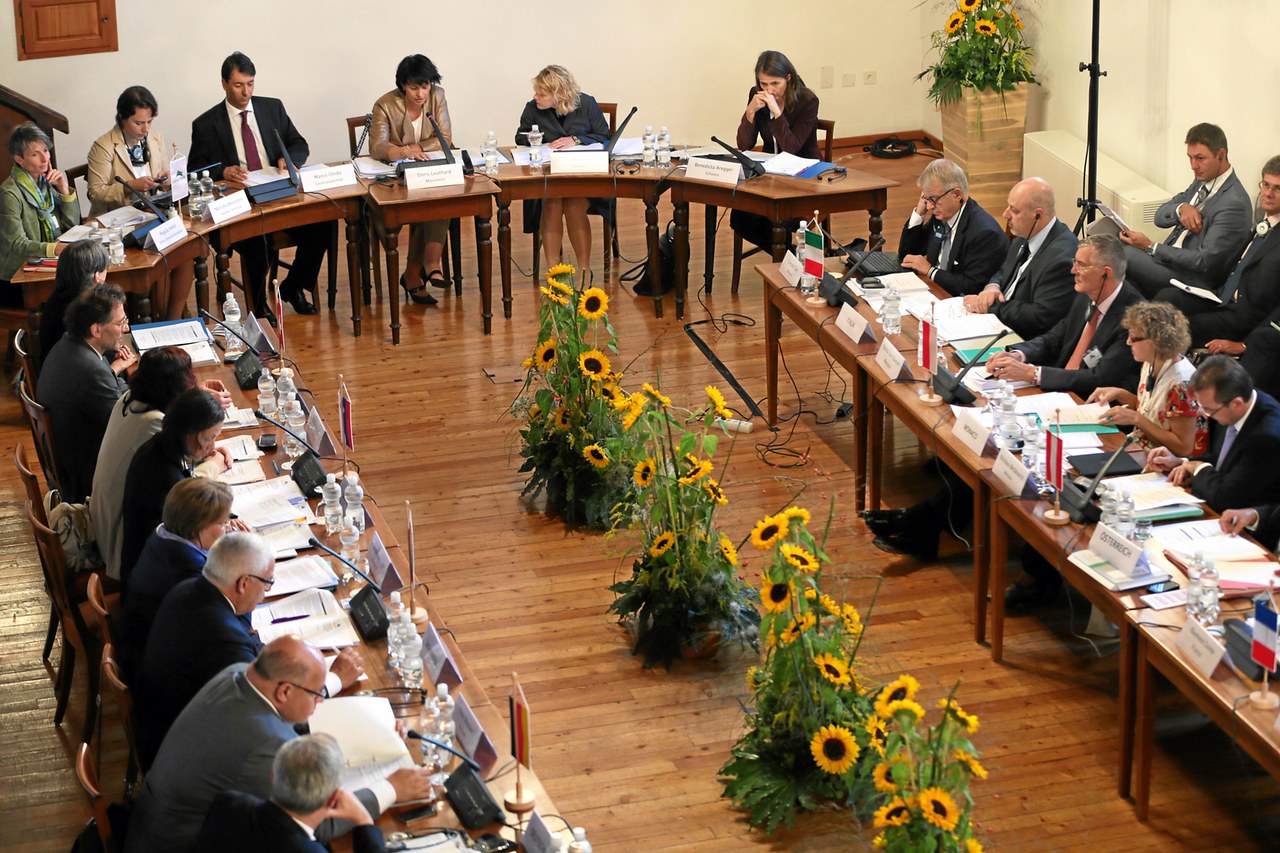Media releases
Using less energy is a genuine energy transition

The debate on the move away from nuclear energy means that the Alpine arc is facing a new wave of exploitation, ostensibly to produce and store more energy. Numerous plans for immense hydroelectric plants (some going back decades) are being dusted off. The wide-ranging use of photovoltaic and wind-power plants is being floated, while numerous small-scale hydroelectric plants are being planned. Functioning as “Europe’s battery”, the Alps will supposedly store the electricity produced from wind energy in the North Sea, for example, with powerful pumped storage plants also being built. The last unused Alpine waters and even protected landscapes are under threat.
As a co-founder of the Alpine Convention, CIPRA’s position is clearly in favour of protecting sensitive Alpine nature and landscapes and the participation of the Alpine population, while resisting one-sided user interests. Alpine waters must not be abused to the very last drop under the guise of climate protection, or the Alps exploited as “Europe’s battery”. Today the environment ministers of the Alpine states are meeting at the 12th Alpine Conference in Valposchiavo, Switzerland, to decide on the energy future of the Alps. CIPRA asks the ministers to commit themselves to a genuine energy transition.
Energy efficiency, sustainable building
We can only jointly achieve the goal of a genuine energy transition by using less energy. Each individual must consider his or her lifestyle and decide what level of energy consumption is actually necessary for a high quality of life. As an example, significant energy savings can be made in construction, yet the same comfort levels can be maintained. CIPRA’s climalp campaign has for years been demonstrating how this can be done. Such examples of energy efficiency in buildings and sustainable building using renewable timber resources should become standard throughout the Alps, as well as further afield. Simultaneously the cost of energy, currently too cheap, must be increased while rewarding decreases in consumption, for example via pro-ecology tax reforms.
Please address all enquiries to:
Dominik Siegrist, President of CIPRA International
+41 79 673 43 30, eMail
Bruno Stephan Walder, Executive Director, CIPRA International
+41 78 844 19 53, eMail
| Type | Title |
|---|---|

|
Press release, 07.09.2012 |

